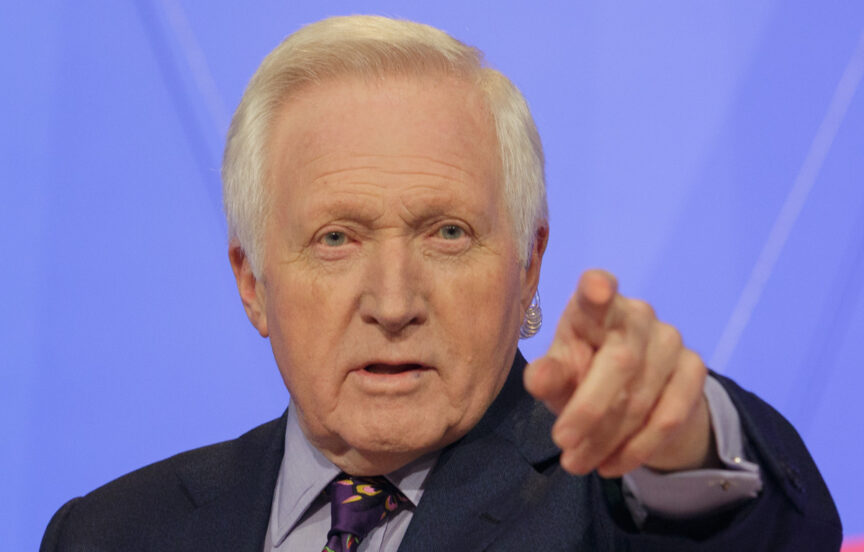Where are we now?
Media Studies is a subject which is often viewed with disdain, sometimes suspicion. Certainly at GCSE level it’s often seen as a less academic subject, a bit of an easy one. And to my discredit I’m pretty sure I’ve held that view too. To be honest, I hadn’t given it much thought for many years, but either way I’ve certainly changed my mind now.
I would go even further and say that the subject very much needs to be brought to the fore, studied at all ages and all levels. No longer a Cinderella subject, it must be taught at a high-quality and given the same standing as any ‘mainstream’ subject.
Why this shift in opinion? And why am I bringing this up now? I can give the same answer to both questions – because we’re all now so immersed in media, we barely even recognise it, and when we do, we often misunderstand it.
So What’s the Problem?
Traditionally we think of ‘the media’ as being newspapers, magazines, television, radio, with the internet now a part of how those traditional media operate. But of course social media is also a large part of the media we consume (possibly the largest part).
The information we gain from sites such as Twitter, Facebook and similar are an un-edited deluge of personal opinion (often fed by exposure to other, un-edited social media opinion). It’s trite to say information can be disseminated at break-neck speed via these channels, what is less trivial is the effect it can have.
In particular when the information is untrue, contradicts the truth or even distracts us from core issues, the harm this un-edited information can cause has a real affect on our understanding of events and issues concerning us.
How Can Media Studies Help?
One of my pet peeves is the derogatory use of the term ‘mainstream media’. The term itself is useful to describe the main channels. However those who use it with disdain usually neither understand what they mean by it, or have any real understanding of the media organisations they’re trying to deride. It could even be argued that social media is now mainstream.
I’m not suggesting media studies should be used to simply to fill this knowledge gap. I happen to believe everyone would benefit from it. We can all have a better understanding of all the media we interact with if we start with a broad knowledge of how it works.
We need to become more analytical and critical of the messages we see, regardless of their source. The strained relationship with the truth that we’ve witnessed from Vladimir Putin and, sadly, from our own government is easier to analyse if we have the tools to dissect the message.
Who Should Be Studying Media?
Now I’ve said that media studies needs to be taught at all levels, and by this I mean at least from same age as sex education. We need to start from a young age. With children exposed to 100s, even 1000s of media messages a day it’s vital they have the knowledge to understand what they’re consuming. Their lives are a world away from the 3 channels of TV I grew up with.
Conclusion
Our understanding of the world around us, from local to national, climate change to conflict, is shaped not only by the information we receive, but also by our understanding of the channels by which it comes to us. If we don’t understand the mechanics behind the message, we cannot analyse the message itself. And if we can’t analyse it, we often take it at face value.
In that instance, information becomes weaponised and dangerous. Having the knowledge to counter this would be truly liberating.


